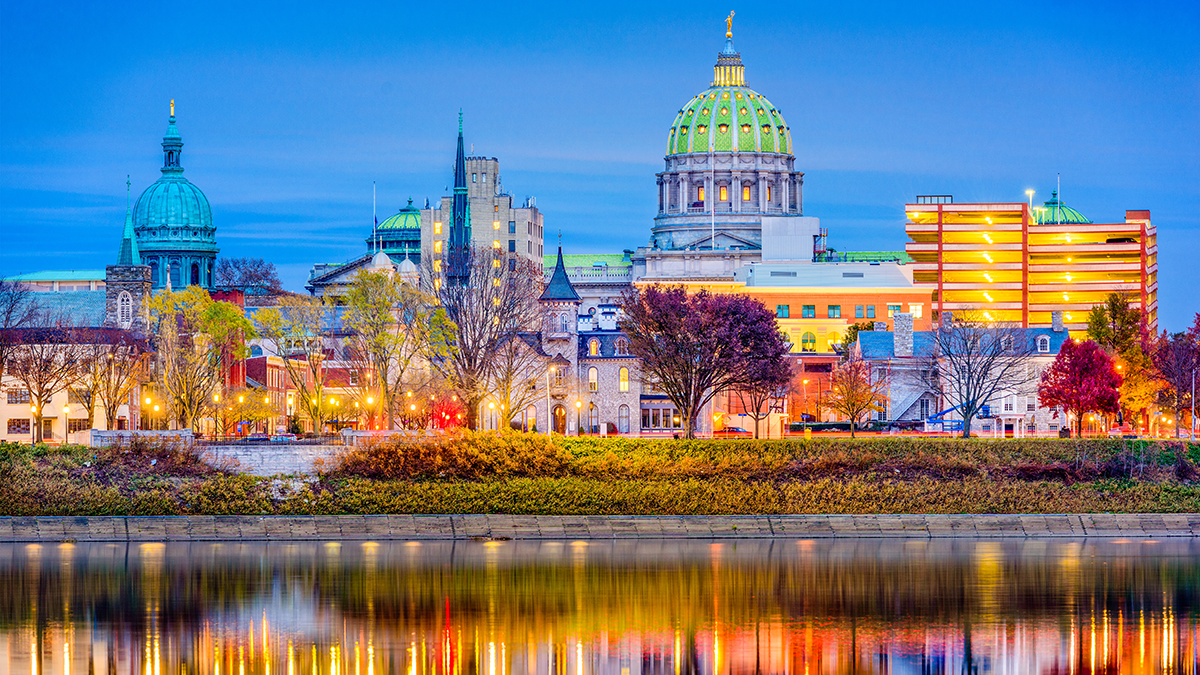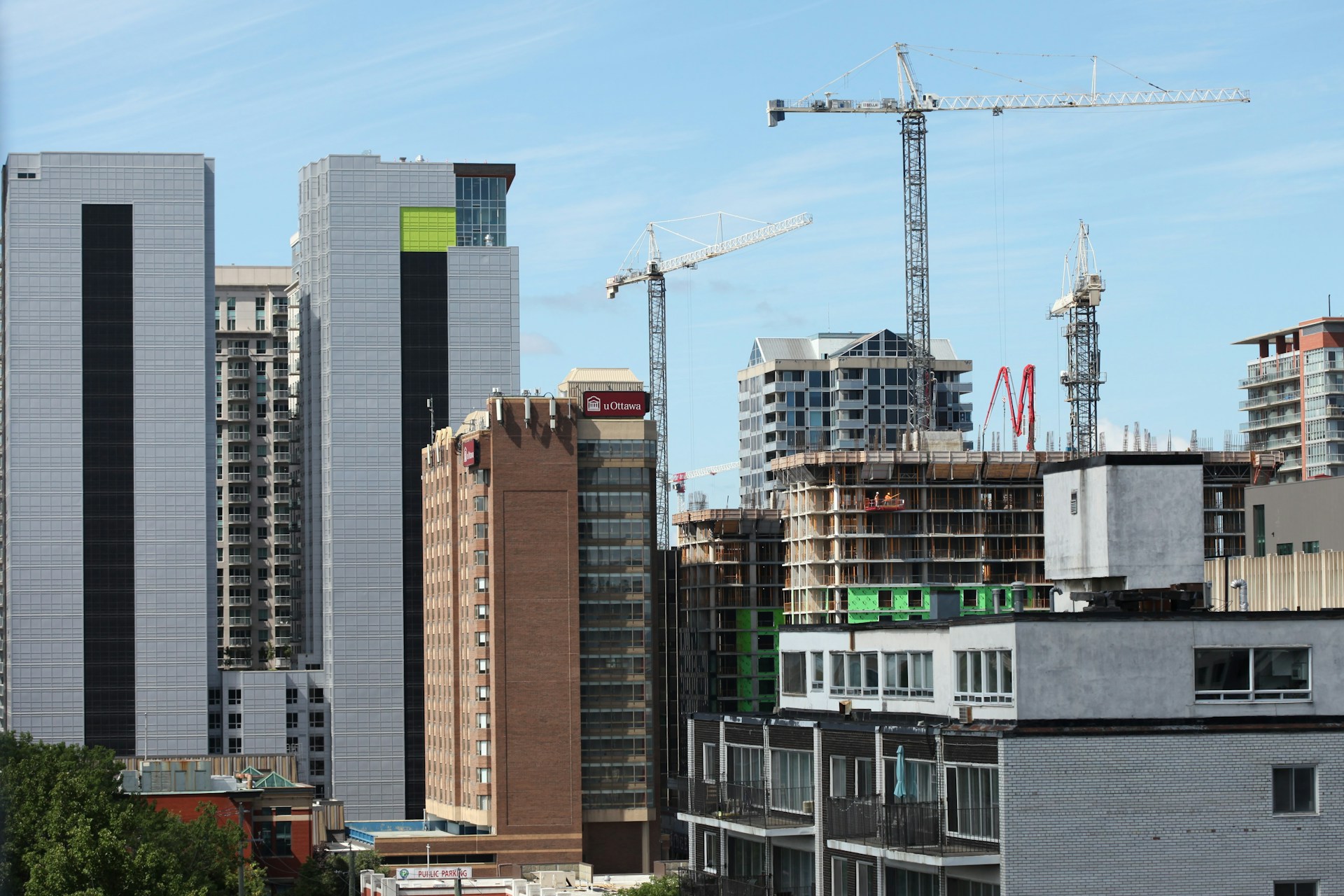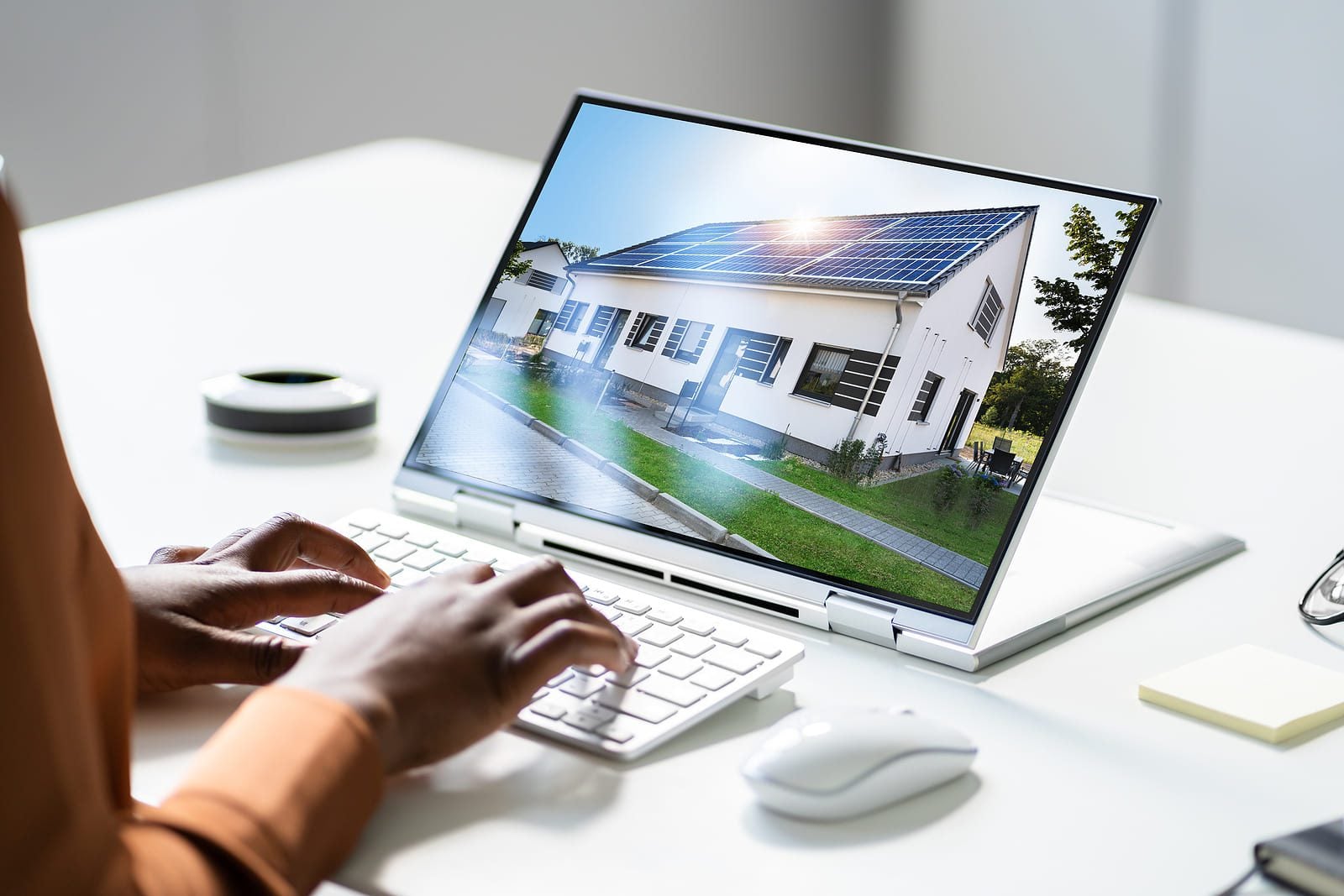Solar panels and clever home design are big ticket ways to boost home energy efficiency, but there are cheaper methods.
Most Victorian homeowners are planning to give their home an energy efficiency upgrade by 2030 — but they’re not getting the government’s message on switching off gas.
The PropTrack Origin Australian Home Energy Report released today has revealed while 57 per cent of the state’s respondents want to cut costs by renovating their home or updating appliances, 39 per cent don’t know what they should do.
This comes despite the Victorian government running a highly publicised campaign to make the state’s homes fully electric, barring the vast majority of new builds from being connected to gas since January, 2024.
RELATED: Victoria faces $5.4bn choice between level crossing removals and 20k new homes
Chirnside Park home with pizza oven, incredible view sold at auction
Shock home data: Melb’s best value suburbs revealed
The report also found that the average Victorian homeowner has budgeted $7750 for an energy-efficient home upgrade before 2030, with 68 per cent of those planning one citing cost savings as a major driver.
Meanwhile, 36 per cent of the 4800 survey respondents nationwide, including about 1000 in Victoria, have indicated they would pay more for a home that provided solar-efficient design and things such as energy-efficient lighting.
PropTrack senior economist Eleanor Creagh said from electrification to net zero and renewable energy, a significant share of survey respondents had shown a “lower than you would expect” level of understanding.
Most Australians considering solar panel installations are factoring in a $10,000-plus budget.
“That points to a knowledge gap that’s hindering uptake of energy efficient upgrades in homes,” Ms Creagh said.
“But for those who reported a good grasp of the terms, they were much more likely to have already made a move and to have higher budgets for spending on upgrades.”
The economist said with households still struggling with cost of living, a targeted campaign from government and industry around the long-term savings benefits of energy efficient home upgrades could have a significant impact for many families — given that understanding was a precursor to them taking action.
Origin Energy’s chief marketing officer Catherine Anderson said while they were already trying to connect with younger Victorians online via Tik Tok, the wider industry and government had a wider role to play in educating the state on energy efficiency in homes.
“It’s really going to take a multifaceted approach from energy retailers and industry and architects and builders as well as government,” Ms Anderson said.
Energy bills are chewing through household funds, but with forward-planned investment in key features there are ways to reduce costs.
Across Australia a significant chunk of people were also planning to spend $10,000 or more in the coming five years to add solar panels to their homes.
Ms Anderson said solar panel installations could have some of the most dramatic impacts on energy bills with an average bill saving of $1000 a year for most households, with about 40 per cent of Aussie households now having some installed.
It also opens up the prospect of further minimising energy use costs for those who shift using appliances to while the sun is shining.
However, there were additional respondents who indicated upfront costs for big ticket items like this were stopping them from making energy efficient upgrades.
For renters and those without a bigger budget, Ms Anderson said significant savings could be made by turning off appliances at the power point, which would save about $100 a year in an average home.
Doing cold washes for laundry could also go a long way, with some appliances using as much as 90 per cent of the energy of a wash cycle to heat the water.
Minimising heating costs through use of blinds at night and sunshine in the day.
Meanwhile, as much as 25 per cent of heat loss in a home is through drafts – meaning a simple door snake can have a major impact on winter energy bills.
She added that persistently warm weather across autumn in Victoria this year could also be likely to lead to cheaper energy bills, with households needing to use their heaters less than they would in recent years.
Sign up to the Herald Sun Weekly Real Estate Update. Click here to get the latest Victorian property market news delivered direct to your inbox.
MORE: Second RBA rate cut to drive uptick in refinancing
Named: Best affordable regional Vic areas to buy in
Shrinkflation in the suburbs, why Melb homebuyers are settling for paying more, getting less



















 English (US) ·
English (US) ·